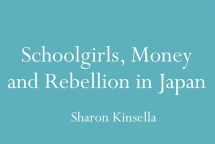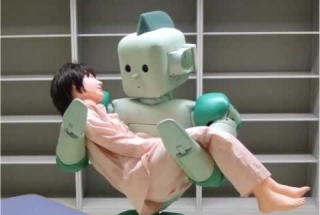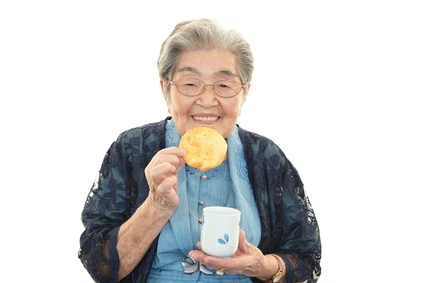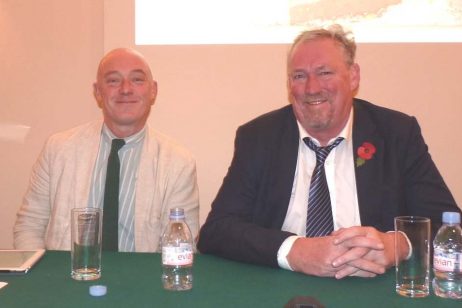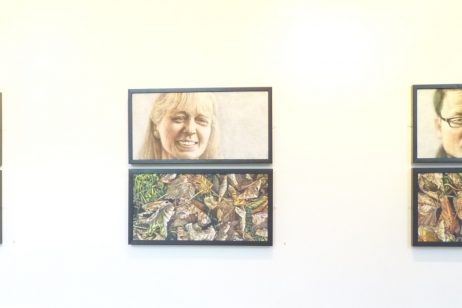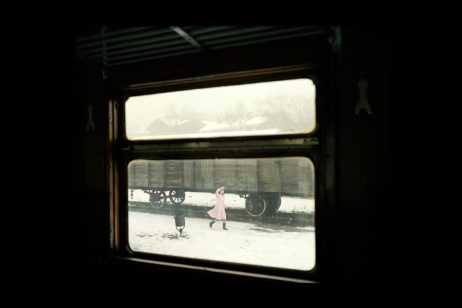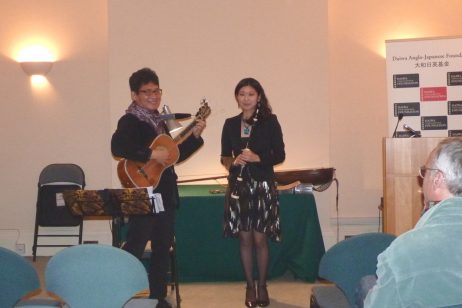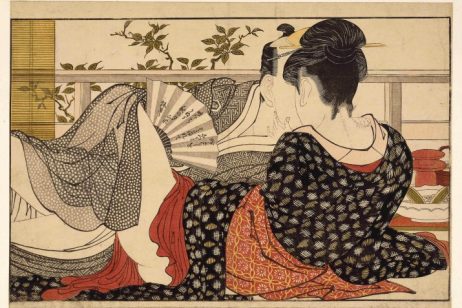The era of hyperconnected internet allows for new embodied interaction between humans, animals and computers, leading to new forms of social and physical expression. The technologies being developed will in the future augment or mix the real world together with the virtual world. Humans will be able to experience new types of communication environments using all of the senses, where we can see virtual objects in the real environment, virtually touch someone from a distance away, and smell and taste virtual food. Our physical world will be augmented with sensors connected to the internet, buildings and physical spaces, cars, clothes and even our bodies. In this seminar we also asked the question: will this merging of computing with the physical world lead to us developing personal feelings for computers, machines, and robots?
More info